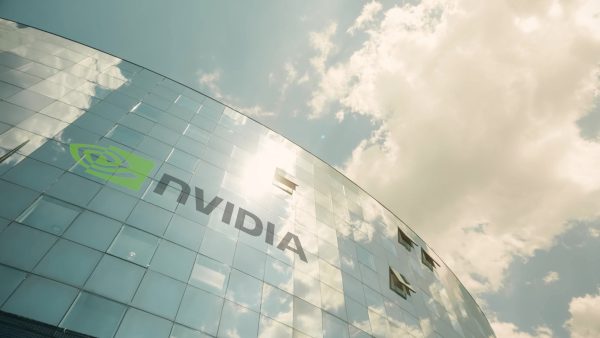Reporting on April 9 suggested that the Trump administration in the United States had reversed course on restricting the export to China of H20 chips – Nvidia’s most advanced offering to remain outside U.S. export controls. Reportedly, the White House’s change of heart followed President Donald Trump’s dinner with Nvidia CEO Jensen Huang. The news surprised the industry, especially as restricting the sale of high-end chips has been a part of Trump’s tech policy toward China.
But reports on April 15 revealed that the Trump administration had in fact told Nvidia on April 9 that the H20 chips would be subject to licensing for China. Nvidia was told to expect the license requirements “for the indefinite future.”
The administration, offering its usual response to what was likely a spur of the moment comment from the president, attributed the April 9 report to “fake news.”
The ultimate decision to restrict China’s access to the H20 chips should not come as a surprise. Since returning to the White House, the Trump administration had indicated that it would deepen tech restrictions in the context of China-U.S. competition. This included a move to restrict H20 exports. H20 chips, along with China’s access to a variety of other advanced chips purchased through third parties, may have contributed to Chinese companies’ ability to innovate and work around U.S. limitations.
Two developments were particularly eye-opening. First, Huawei’s Mate60 phone in 2023 included an advanced 7nm chip produced by China’s state-owned SMIC. Second, fast forwarding to this year, DeepSeek’s R1 AI model stunned AI stakeholders as it is competitive with (or even surpasses on some benchmarks) leading American AI models.
Soon after the DeepSeek revelations, the bipartisan leaders of the House Select Committee on the CCP sent a letter to National Security Advisor Michael Waltz urging the White House to address “loopholes” in its semiconductor regulations in the name of national security. The letter also called for “reasonable safeguards” to protect U.S. AI innovations from strategic adversaries like China. They specifically highlighted two types of leaks: the above-noted transshipments through third parties (citing Singapore) and purchases of chips that currently fall outside of regulations, namely Nvidia’s H20 chip.
In light of the strong bipartisan concern focused on the strategic competition with China, many believed the White House would investigate the H20 chips. Indeed, reporting on the same day in January as the Select Committee leaders sent the letter revealed that there were early discussions among Trump’s team about restricting H20 chips.
Trump also nominated Landon Heid – a China hawk and the former technology policy adviser for the House Select Committee on the CCP – to lead export administration at the Commerce Department’s Bureau of Industry and Security (BIS). The Trump administration even took steps to address some of the third-party leak concerns from the Select Committee’s letter, asking Malaysian counterparts to step up monitoring of Nvidia chip purchases. Taken together, these signals had shaped tech players’ expectations for H20 restrictions coming down the pipeline.
The back-and-forth on the H20 chips reflects Washington’s at times improvised approach to tech policy amid competition with China. The Trump administration is moving to cut the budget for BIS and dismissed a senior director on the National Security Council (NSC) staff responsible for technology and national security (David Feith, who also had a background in Asia policy). These actions – which have faced little scrutiny amid the dismissal of several other National Security Council officials and the general trend of changing regulations without public comment or notice – are at odds with Washington’s aims to protect national security and outcompete China in strategic high tech.
Flip-flopping on matters ranging from the expected H20 controls to the tech exemptions for tariffs (which the administration now maintains are just temporary) exacerbates uncertainty for companies trying to make long-term investment decisions while staying competitive with Chinese and other foreign firms.


